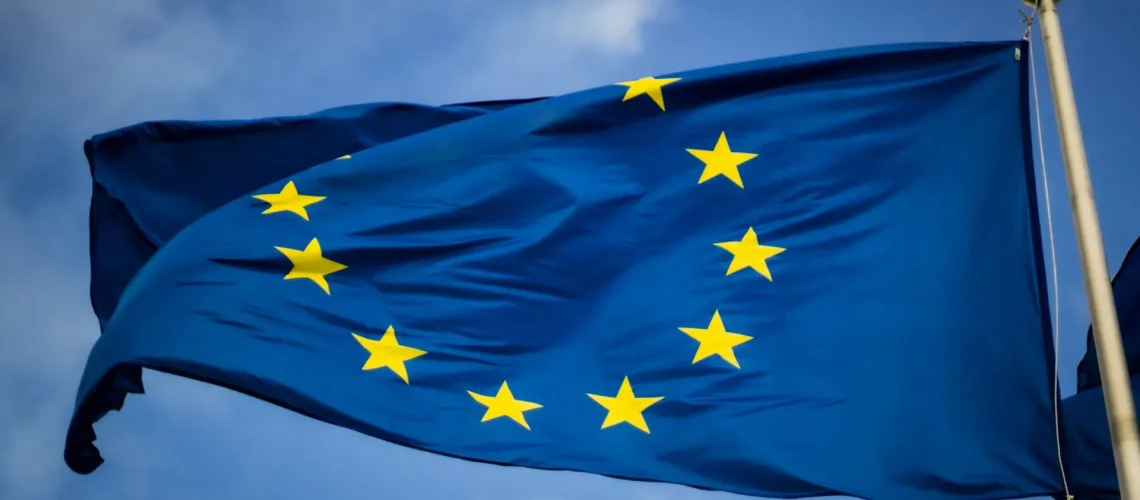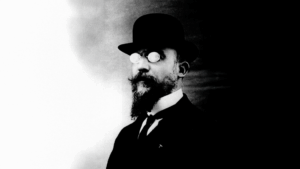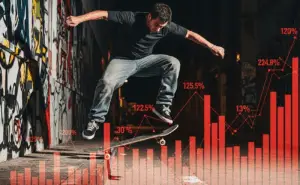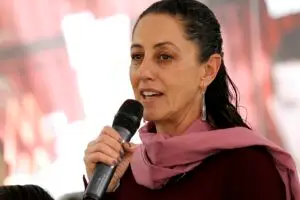Europe faces one of the greatest challenges in its history. In a world defined by geopolitical tensions, technological upheavals, and economic rivalry, the continent risks losing its position to major powers like the United States, China, or emerging nations like India. Internal divisions and sluggish bureaucracies further hinder the European Union’s ability to implement necessary reforms. Yet there are ways for Europe to strengthen its position—economically, politically, and socially.
Competitiveness as the Key to the Future
To remain competitive globally, Europe must address its economic stagnation. While countries like the US thrive on technological innovation and China excels in manufacturing, Europe shows weaknesses in key sectors such as digitalization, artificial intelligence, and green technology.
The solution lies in massive investments in education and research. Europe needs a comprehensive program to foster talent, accelerate innovation, and prevent brain drain to other regions. At the same time, bureaucratic hurdles for startups and high-tech companies must be removed to retain them within the EU market.
Programs like “Horizon Europe” are already a step in the right direction, but they fall short of what’s needed. A robust “innovation drive” is essential, focusing on key technologies while supporting economically lagging regions. Countries like Germany and France can serve as anchors, collaborating with smaller member states to build a strong research and development base.
Europe as a Geopolitical Player
Europe’s geopolitical position is complex. Reliance on the US for defense and China for supply chains and technology weakens the continent. Additionally, a unified foreign policy is often lacking, as seen in responses to crises such as the Ukraine war, tensions in the Middle East, or the Indo-Pacific region.
To address this, Europe must strive for strategic autonomy. This includes developing its own defense capabilities, such as a unified European army or increased investment in defense technologies. Reducing dependencies on third countries—whether for defense, energy, raw materials, or technology—is crucial.
The energy transition offers a promising path. Europe has the potential to lead in renewable energy markets. Expanding wind and solar power, combined with developing hydrogen infrastructure, could create energy independence, stimulate economic growth, and generate jobs.
Social Cohesion: Europe’s Trump Card
One of Europe’s defining traits is its social welfare model, which, however, faces significant pressure. An aging population, rising costs in healthcare and pensions, and labor shortages require urgent solutions. While populists like Javier Milei in Argentina advocate drastic budget cuts, this approach carries immense social risks.
Instead of deep cuts, Europe should focus on efficiency and individual responsibility. A portion of pensions could be funded through capital-based systems, as successfully practiced in Sweden and the Netherlands. Additionally, incentives are needed to integrate more people into the workforce, including measures to support women, single parents, and migrants.
Equal opportunities in education are another cornerstone of social cohesion. European nations must ensure that education remains free or affordable and that everyone has access to modern technology and high-quality training. This approach not only strengthens societal unity but also boosts economic competitiveness.
The Role of Democracy
Europe is not only under pressure economically and geopolitically but also politically. Populist movements are gaining ground, while traditional parties often appear divided and ineffective. The solution does not lie in imitating populists or engaging in polarization.
Instead, Europe must modernize its democracy to make it more accessible and inclusive. Digital platforms could encourage greater civic participation, while electoral reforms could ensure that governments remain capable of action. The EU itself must become more transparent and citizen-focused. Many people view Brussels as an opaque bureaucracy disconnected from their daily lives. Reforming decision-making structures could help address this perception.
What Happens if Europe Fails?
The consequences of Europe falling behind would be severe. Economically, the continent risks being outpaced, leading to diminished influence on global affairs. Political instability could increase, and the ability to tackle global challenges like climate change would weaken. Europe would become increasingly dependent on other powers, jeopardizing its role as a model for democracy, human rights, and social justice.
However, Europe has the potential to reverse this trend. Achieving this requires the political will to break old patterns and make bold decisions.
Conclusion: A Collective Path Forward
Europe can secure its future by recognizing and building on its strengths. Education, innovation, energy independence, and social cohesion are the key pillars. At the same time, the EU must strengthen its political unity and assert itself as a global player. The goal is to create a vision for the coming decades that goes beyond maintaining the status quo and positions Europe as a genuine power for the future.
Europe is a continent with enormous potential. Its diversity, social values, and innovative capacity provide a unique foundation for success in global competition. But without reforms, Europe risks falling behind other regions. The time for bold action is now—not only for today’s generation but also for the ones to come.
Photo by Christian Lue on Unsplash






